土木工程学士(荣誉)
Masters of Engineering (Honors) in Civil Engineering

学历文凭
Undergraduate Masters

专业院系

开学时间

课程时长

课程学费

国际学生入学条件
3 GCSEs including English Language and Science grade C, or grade 4 or above, and Maths grade B or grade 6 or above.
If English is not your first language you will be expected to demonstrate a certificated level of proficiency of at least IELTS 6.0 (Academic level) or equivalent English Language qualification, as recognised by Anglia Ruskin University.
Alternatives
UCAS Tariff points acquired from BTEC Level 3 Diplomas in a related subject are accepted.
UCAS Tariff Points from Access to HE Diplomas in a related subject are accepted.
UCAS Tariff points from Scottish Advanced Highers are accepted, related subjects are required.
UCAS Tariff points from Scottish Highers are accepted, related subjects are required.
UCAS Tariff points from the Irish Leaving Certificate are accepted.
An International Baccalaureate with a minimum of 24 points.
IELTS 6.0 or equivalent, with nothing lower than 5.5 in any of the four elements (listening, speaking, reading and writing). TOEFL iBT with 80 overall and a minimum of 17 in Writing and Listening, 18 in Reading and 20 in Speaking
IDP—雅思考试联合主办方

雅思考试总分
6.0
- 雅思总分:6
- 托福网考总分:80
- 托福笔试总分:160
- 其他语言考试:Pearson PTE with 60 overall and a minimum of 59 in all components.
CRICOS代码: H205
申请截止日期: 请与IDP联系 以获取详细信息。
课程简介
Our four-year Civil Engineering MEng course will give you all the technical skills and intellectual know how to be a civil engineer in a constantly changing world. Our MEng course focusses on infrastructure engineering and will give you the practical skills and experience to work on multi-million pound infrastructure projects. You'll develop crucial mathematical, technical and design skills that all civil engineers need, while taking a more holistic view of the overall design of a built environment which is resilient to future challenges. At ARU, our research philosophy focusses on future cities, and how infrastructure and communities need to adapt and transform themselves in response to future challenges such as climate change, resource and energy scarcity and an aging and increasing population. Such challenges cannot be tackled by one discipline alone: professionals across the sector need to collaborate to create smart and innovative solutions. As a graduate, you will be ideally placed to work in such multidisciplinary teams, responding to these global challenges. You'll become a creative problem solver and a confident communicator, able to work well independently and in a team.
相关申请
 预科
预科 奖学金
奖学金 实习机会
实习机会 在校学习
在校学习 跨境学习
跨境学习 校园授课-线上开始
校园授课-线上开始 在线/远程学习
在线/远程学习
开学时间&学费
学费信息仅供参考,请与IDP联系以获取详细信息
| 开学时间 | 时长 | 学费 | 地点 |
|---|
学校排名

世界排名301
数据源:
泰晤士高等教育世界大学排名
关于安格利亚鲁斯金大学

安格利亚鲁斯金大学(ARU)是 ''2023 年度大学''(《泰晤士高等教育》),也是全国 20% 获得 ''2023 年卓越教学框架 ''金牌评级的大学之一,这反映了安格利亚鲁斯金大学为学生提供的卓越教育。大学接纳了来自全球 130 多个国家的学生,以其多元文化社区而闻名。大学共有五个校区,分别位于剑桥、切姆斯福德、彼得伯勒、伦敦和赖特尔。安格利亚鲁斯金大学最近投入9500万英镑建设校园设施。该校拥有英国仅有的几所视光学院之一,还有自己的公共艺术画廊--鲁斯金画廊。该校还拥有最先进的科学中心、法学院诊所、模拟法庭、电脑游戏室以及提供书籍和在线学习资源的24/7图书馆。安格利亚鲁斯金大学擅于为学生提供各个方面的支持和帮助,其中包括为有心理健康问题、疾病和学习困难的学生提供残障支持。此外,该校还提供咨询服务和国际办公室服务等其他支持。国际办公室工作人员亲切友好,专门为国际学生提供帮助。在安格利亚鲁斯金大学学习期间,学生还可充分利用该校宝贵的职业服务。就业服务提供从撰写简历到面试准备等方面的大量帮助。学生可以与顾问进行一对一的交流,并且可以在网上找到许多有用的资源。安格利亚鲁斯金大学的学生可在业余时间参加一个或多个社交俱乐部或社团。通过这些团体,学生可以结交新朋友、学习新技能、为自己的简历增光添彩。该校有从舞蹈班到非主流音乐社等各种俱乐部和社团。
本校相关课程

Telecommunications MPhil, PhD
学历文凭
Ph.D.
开学日期
课程费用总额

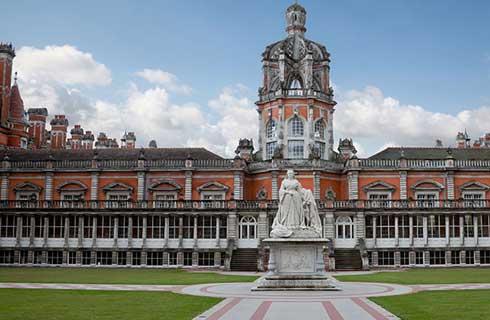
Sound Engineering MPhil, PhD
学历文凭
Ph.D.
开学日期
课程费用总额

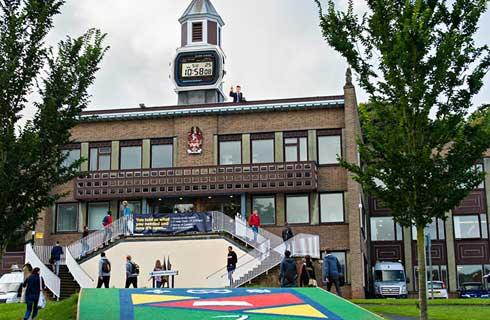
PhD Criminology
学历文凭
Ph.D.
开学日期
课程费用总额

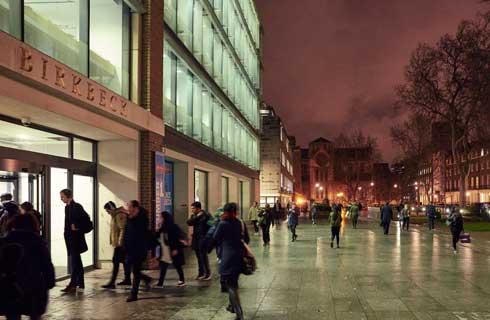
PhD Publishing
学历文凭
Ph.D.
开学日期
课程费用总额

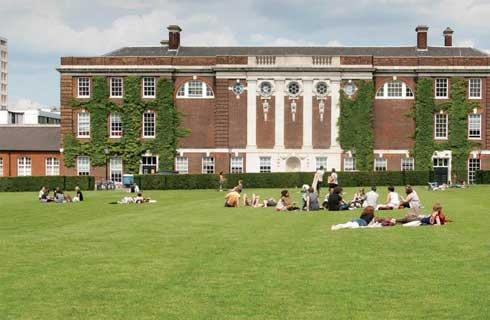
PhD Philosophy
学历文凭
Ph.D.
开学日期
课程费用总额


PhD Dramatherapy
学历文凭
Ph.D.
开学日期
课程费用总额

其他相关课程
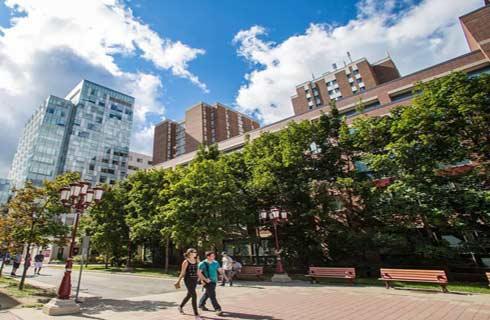
Bachelor of Science in Civil Engineering
 伦斯勒理工学院
伦斯勒理工学院泰晤士高等教育世界大学排名:554
学历文凭
Bachelor Degree
开学日期
课程费用总额

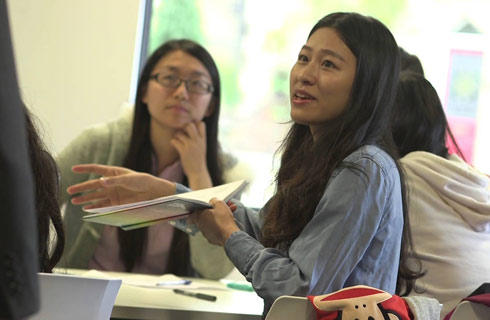
Bachelor of Science in Civil Engineering
 中佛罗里达大学-Shorelight
中佛罗里达大学-Shorelight学历文凭
Bachelor Degree
开学日期
课程费用总额

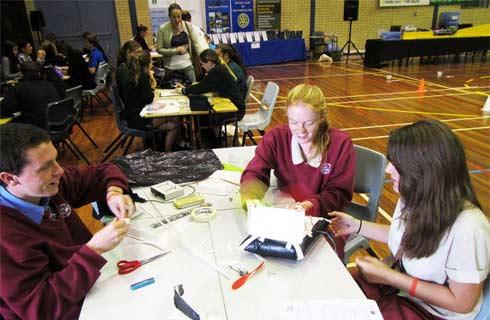
土木工程学士学位
 圣地亚哥州立大学
圣地亚哥州立大学泰晤士高等教育世界大学排名:1107
学历文凭
Bachelor Degree
开学日期
课程费用总额


Master of Science in Civil Engineering
 爱荷华州立大学
爱荷华州立大学泰晤士高等教育世界大学排名:431
学历文凭
Masters Degree
开学日期
课程费用总额


Doctor of Philosophy in Civil Engineering
 湖首大学
湖首大学泰晤士高等教育世界大学排名:1080
学历文凭
Ph.D.
开学日期
课程费用总额

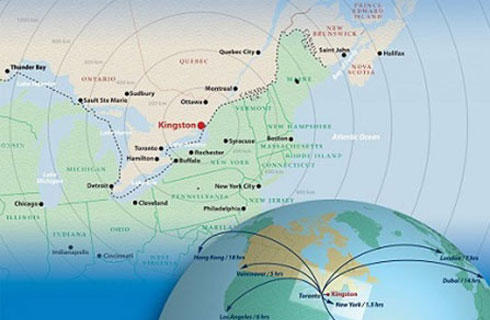
土木工程理学硕士
 密西西比州立大学
密西西比州立大学泰晤士高等教育世界大学排名:684
学历文凭
Masters Degree
开学日期
课程费用总额










 英国
英国

